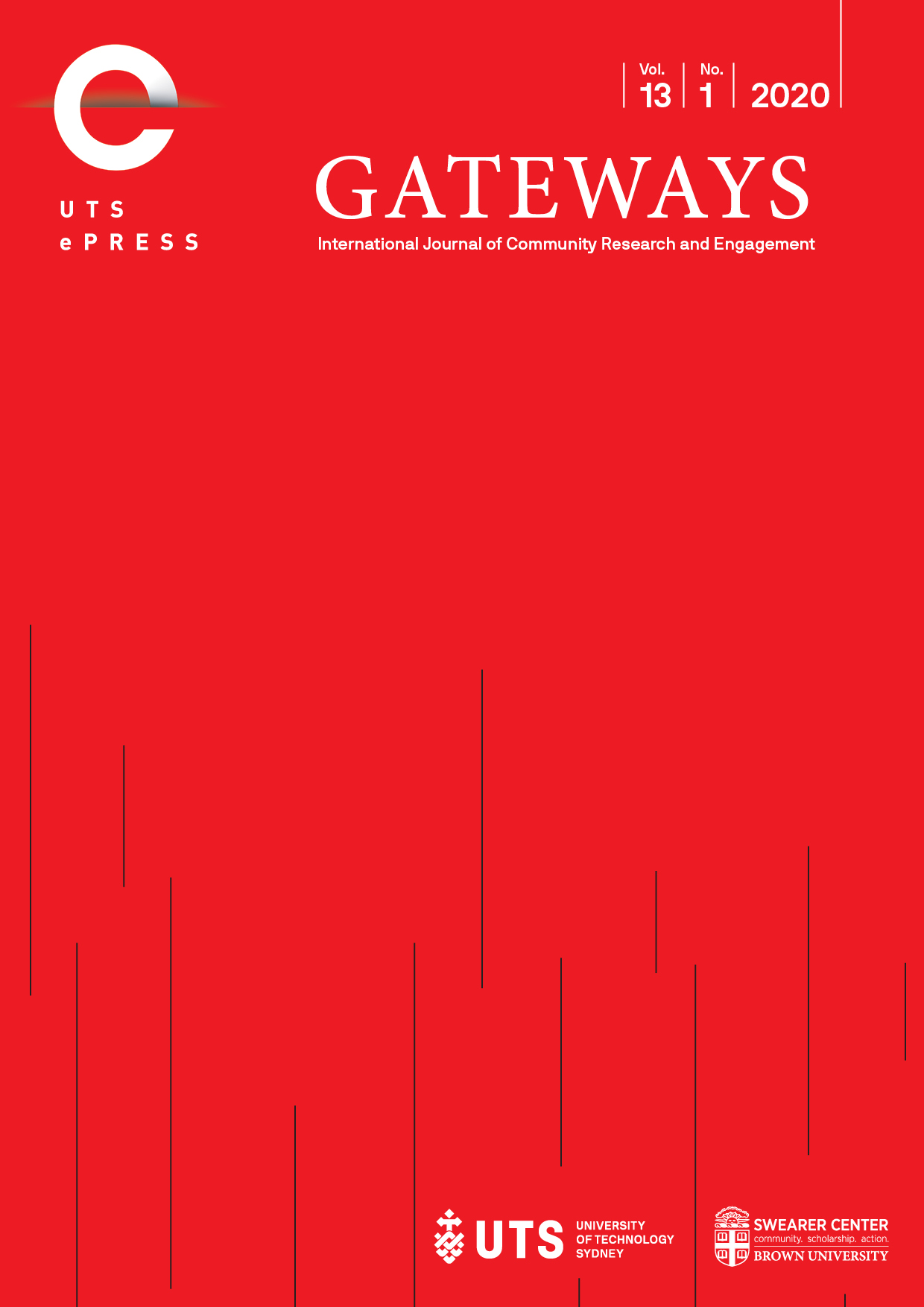Centring knowledge democracy within policy-making for sustainability and resilience: A discussion of the Kenyan drylands
Main Article Content
Abstract
Culture, environment and, therefore, knowledge of socioeconomic constructs are intricately interwoven. Over the past decade or two, pastoralists without formal education in Kenyan drylands have increasingly found themselves on the receiving end of community empowerment trainings that lean towards human–wildlife conflict and environmental conservation. Why would research entities set aside mega budgets to teach the pastoralist about human–wildlife conflict? A pastoralist who has long roamed drylands with his livestock grazing alongside elephants and lions, and whose major life transition ceremonies, celebrations, songs, riddles, proverbs, sayings, poetry and jokes fundamentally feature wildlife. What makes these trainings in ‘imparting knowledge’ superior to the ‘indigenous knowledge’ already in the custody of the Borana or the Turkana or the Rendile?
This article explores the relevance of community-based knowledges in addressing sustainable development and climate resilience, as articulated by the Sustainable Development Goals (SDGs). The specific setting for this discussion is the Kenyan drylands, which are central to the achievement of the SDG agenda given that they constitute 84 percent of Kenya’s total land surface. They also host up to 75 percent of Kenya’s wildlife population, account for more than 80 percent of the country’s eco-tourism interests and support about 9.9 million Kenyans, or approximately 34 percent of the Kenyan population.
Today, the drylands are impoverished, deficient for both humans and nature. Their vulnerability to disasters is amplified, while their resilience to shocks is greatly weakened, a situation made worse by climate change. To understand the importance of community-based knowledges within policy making for sustainability and resilience, this article examines in detail epistemological, social, historical, political and environmental factors converging on the Kenyan drylands, as well as the opportunity to address this complexity that the SDGs represent.
Article Details
Issue
Section
Authors who submit articles to this journal from 31st March 2014 for publication, agree to the following terms:
a) Authors retain copyright and grant the journal right of first publication with the work simultaneously licensed under a Creative Commons Attribution License that allows others to share and adapt the work with an acknowledgement of the work's authorship and initial publication in this journal.
b) Authors are able to enter into separate, additional contractual arrangements for the non-exclusive distribution of the journal's published version of the work (e.g., post it to an institutional repository or publish it in a book), with an acknowledgement of its initial publication in this journal.
c) Authors are permitted and encouraged to post their work online (e.g., in institutional repositories or on their website) prior to and during the submission process, as it can lead to productive exchanges, as well as earlier and greater citation of published work (See The Open Access Citation Advantage Service). Where authors include such a work in an institutional repository or on their website (ie. a copy of a work which has been published in a UTS ePRESS journal, or a pre-print or post-print version of that work), we request that they include a statement that acknowledges the UTS ePRESS publication including the name of the journal, the volume number and a web-link to the journal item.
d) Authors should be aware that the Creative Commons Attribution (CC-BY) License permits readers to share (copy and redistribute the work in any medium or format) and adapt (remix, transform, and build upon the work) for any purpose, even commercially, provided they also give appropriate credit to the work, provide a link to the license, and indicate if changes were made. They may do these things in any reasonable manner, but not in any way that suggests you or your publisher endorses their use.
For Volume 6 (2013) and before, the following copyright applied:
Articles published by UTSePress are protected by copyright which is retained by the authors who assert their moral rights. Authors control translation and reproduction rights to their works published by UTSePress. UTSePress publications are copyright and all rights are reserved worldwide. Downloads of specific portions of them are permitted for personal use only, not for commercial use or resale. Permissions to reprint or use any materials should be directed to UTSePress.
